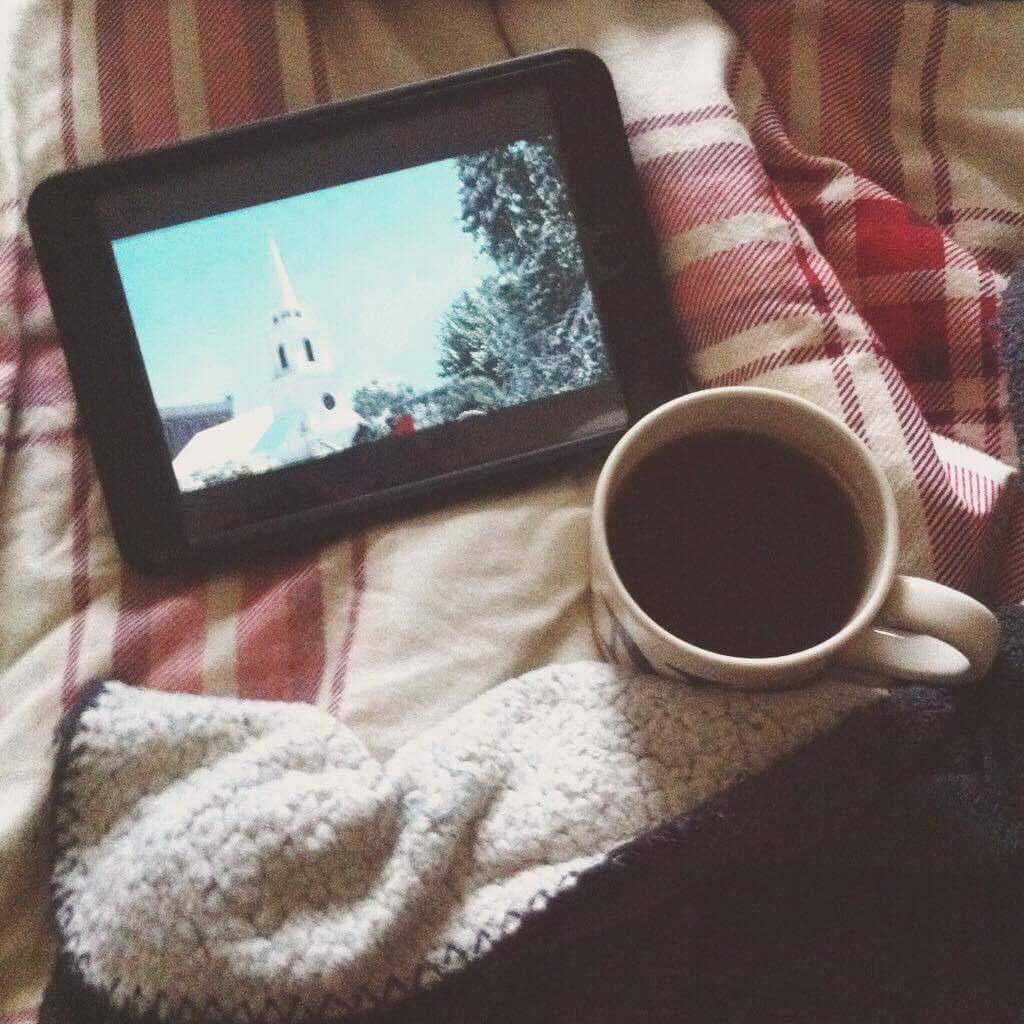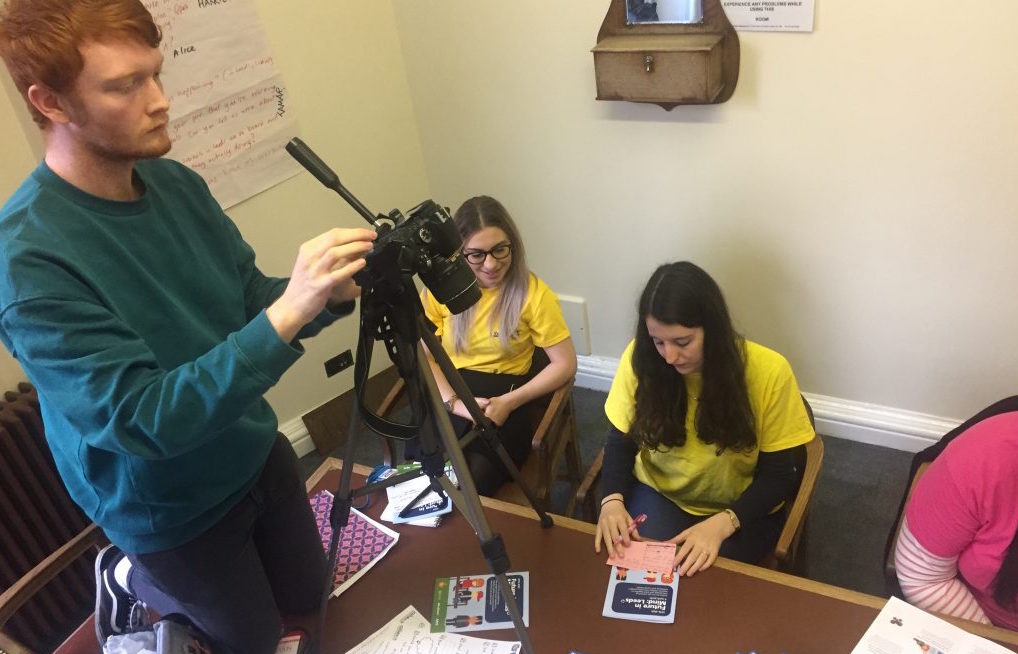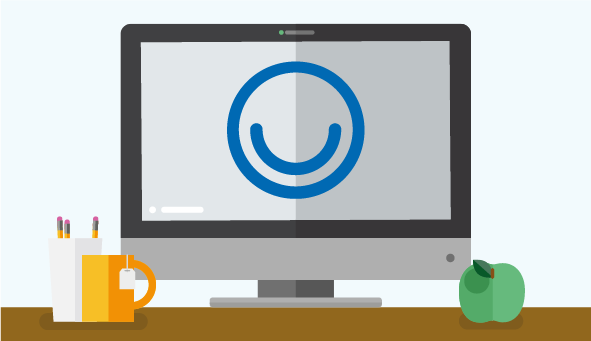Living your best life
Recovery is a tricky word. It often means different things to different people. It should be a positive word, but to some it can be quite negative. We can feel that it’s been used against us at times. We may have been told we’re ‘not recovering fast enough’, ‘not recovery-focussed’, or ‘not in the right recovery mind frame for this service.

Enough Of All That
How many times have we tried to recover, but felt no different? How many times has the pressure to recover sent us on a downward spiral? How often have we stressed over worksheets, and pleasing everyone else, only to feel even worse?
Enough of that.
Recovery is not a single road. There isn’t a ‘one size fits all’ way to recover. It’s something unique to each person.
We can try recovering the way we think our families, friends, or health professionals want us to. But chances are it will never feel quite right. We might not be able to put our finger on it. But it’s unlikely that recovering the way we think other people want us to, will directly match what we want out of life. When that happens, we can feel on edge or simply not quite right. No Easy Answer
Unfortunately, when it comes to recovery, there’s no easy answer. It would be nice if there was! It would be super handy if we were presented with a nice menu of 10 different recovery options. Ideally, we could choose one from the menu, and skip into rainbows and sunshine and never feel rubbish ever again.
Life isn’t like that.
Recovery takes a lot of trial and error. A certain therapy might work amazingly for one person and seem like a waste of time to someone else. However, it’s worth remembering that even if we have tried five different things and none of them have worked; we’re not back to square one. We’re not back to where we started, because we now know that those five therapies aren’t right for us. So we won’t try them again. We can move on and try other things.

Work Out What Matters
When thinking about recovery and imagining the life that we want to live (not the life that others want us to live), there can be a few things worth thinking about.
The first is our values. What matters to us? Are there some things that we value over other things? Are there some things we have strong opinions against?
What do we enjoy? What do we like doing? Sport? Art? Music? Writing? Running? Watching films? Crafting? Gardening? There are so many things available to us… almost too many because it can get us in a spin! But what do we enjoy doing and how could we weave that into our recovery? If we don’t enjoy anything right now, can we remember things we used to enjoy?
What do we find unhelpful? Sometimes, it can be easier to work out what we don’t like, than to work out what we do. For example, if we cannot stand paint, then art therapy might not be the one for us. Get creative! Writing about our feelings might not help – but we could be an avid film-maker, and find recording a 30 second mood diary each day to be much easier.
Learn to say no. This one is a really hard one. We often taught to respect authority at the cost of everything else. To try and please our friends. To respect our elders. None of these things are bad in principle, but if we feel that someone is taking advantage of us, we need to say no. If we worry that something is making us feel worse, we need to try and speak up about it. It isn’t easy, and we often find that our voice gets stronger the further into recovery we are. But we will get there.
Living Our Best Life
What is our best life? Where, in an ideal world, do we want to be? Make it into a song! Do a mood board. Film it. Keep a scrap book. Paint it. Mull it over whilst on a run. Write it down. Go to the beach and draw it in the sand. Do a piece of creative writing about it. Draw a diagram. Use whatever medium we feel frees us up the most. Begin to build up a picture of our best life. We are unlikely to do this all in one go. It will grow, develop, change, and get edited over time. That’s okay! In fact it’s necessary.
By thinking about our best life, it can give us a motivation to recover and something to focus on. It can inspire hope. We might learn more about ourselves. We will probably feel stronger, and feel as though our voice is getting stronger, as time goes on.
What Is Recovery?
Recovery is doing the things that we want to do (within reason), in the way we want to do them, with the people we want to be with.
It’s time to stop shrinking ourselves into the expectations of others, and start experimenting with the person we want to be. It’s time to put our recovery first. It’s time to start feeling hopeful again.



excellent website Jarle Thorsen Kielce
Hello! This is my 1st comment here so I just wanted to give a quick shout out and tell you I really enjoy reading through your posts. Can you suggest any other blogs/websites/forums that deal with the same topics? Thanks!
Thanks LelandOdofs, glad you’re enjoying our posts…
Have you looked at https://www.blurtitout.org/blog/
or https://youngminds.org.uk/blog/